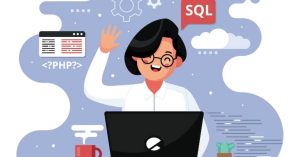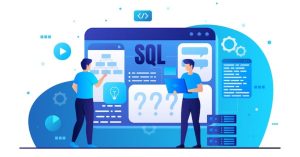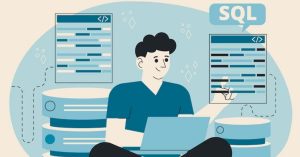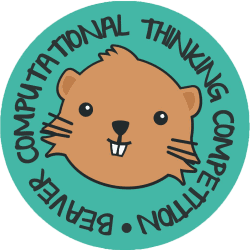SQL developers are experts in manipulating structured query language (SQL) and work to design, maintain and create databases. SQL developers’ demand has soared as the world increasingly digitized, with professionals in high order across numerous industries, including finance, retail, and healthcare.
Job Responsibilities of an SQL Developer

SQL developers are often part of a team of professionals working alongside business analysts, database administrators, and other IT specialists. Their primary job responsibilities include:
Developing and managing SQL databases
Planning, developing and maintaining databases
Creating and modifying database tables using CRUD SQL commands
Optimizing database performance
Developing complex functions and stored procedures
Analyzing queries
Developing security protocols
Resolving problems
Designing database architecture
Writing difficult questions for applications and business intelligence reporting
Creating dashboards
SQL developers write codes that allow users to interact with data stored in databases. This includes accessing metrics that provide business insights and support decision-making processes.
Skills Required for an SQL Developer

To excel in an SQL developer role, it is necessary to possess both workplace and technical skills. These skills include:
- Proficiency in SQL: SQL is the programming language used to interface with databases; it is the most critical skill required for an SQL developer.
- Database Management: SQL developers should be familiar with one of the major database management systems, such as MySQL, PostgreSQL, and Microsoft SQL Server.
- Integrating databases with business intelligence software: SQL developers should be skilled in connecting databases with business intelligence software packages, such as Tableau and Power BI.
- Excel, including pivot tables: SQL developers should understand how to use SQL code to summarize data in pivot tables, a key tool for data analysis.
- Database design and management: SQL developers should know how to catalogue, organize, and specify data types, primary and foreign keys, and other constraints before writing programs.
- Experience in programming languages: SQL developers should have strong programming fundamentals and experience with languages such as Java, .NET, C++, Python, or Ruby on Rails.
- Web application development: SQL developers should also be knowledgeable about front-end user interface design.
SQL Developer Tools

SQL developers require specific tools to optimize their roles. Some of these tools include:
- MySQL: The most popular open-source database management system, MySQL runs on multiple platforms, including Windows and Linux, and can support small and large databases.
- PostgreSQL: PostgreSQL is an open-source relational database management system available on all major platforms and supported by various cloud computing environments.
- Microsoft SQL Server: A popular relational database management system developed by Microsoft, SQL Server runs on Windows servers and supports different features and scales of data. Microsoft offers Azure SQL Database as a cloud-based service.
- SSIS, SSRS, or SSAS: SQL Server experience is frequently listed as an essential criterion for application, particularly in corporate environments.
- Business intelligence software: Business intelligence software helps companies analyze data. SQL developers often help connect databases with such software, including Power BI and Tableau.
Conclusion
As data becomes increasingly important across industries, SQL developers play a critical role in manipulating, designing, and managing SQL databases. With skills in SQL, database management, business intelligence software, Excel, and programming languages, SQL developers are vital assets to companies of all sizes.
Anyway take your chance to enhance your knowledge and skills in Computer Science by participating in the Beaver Computational Thinking 2023; registration is now open!
You can register through our website 👉 CONTESTHUB.
*** This blog post is based on information from Coursera.




